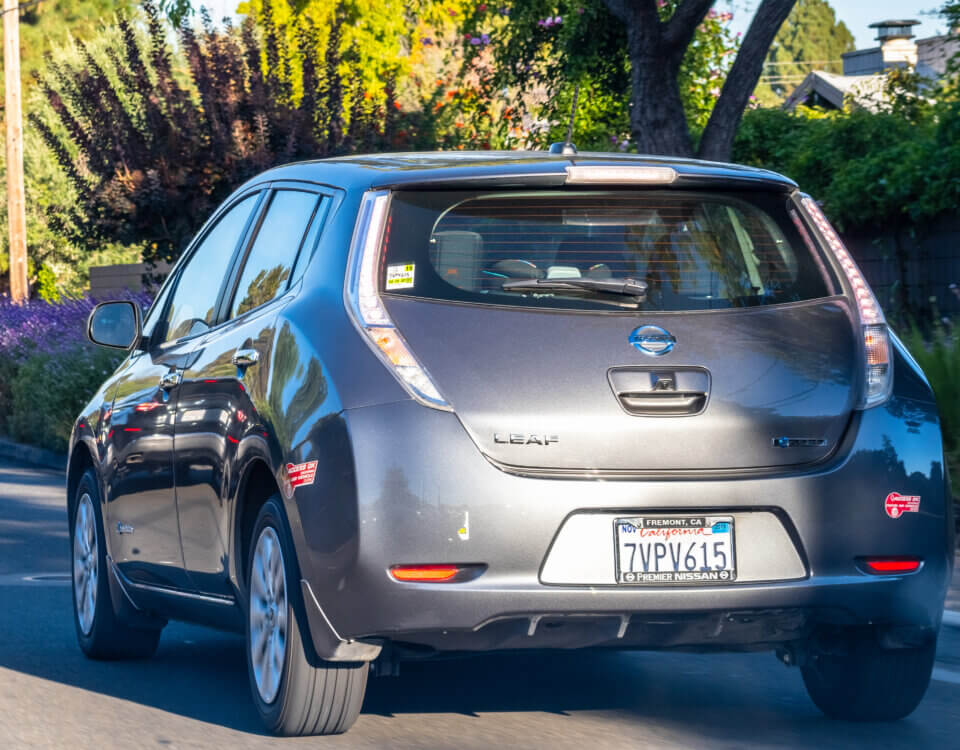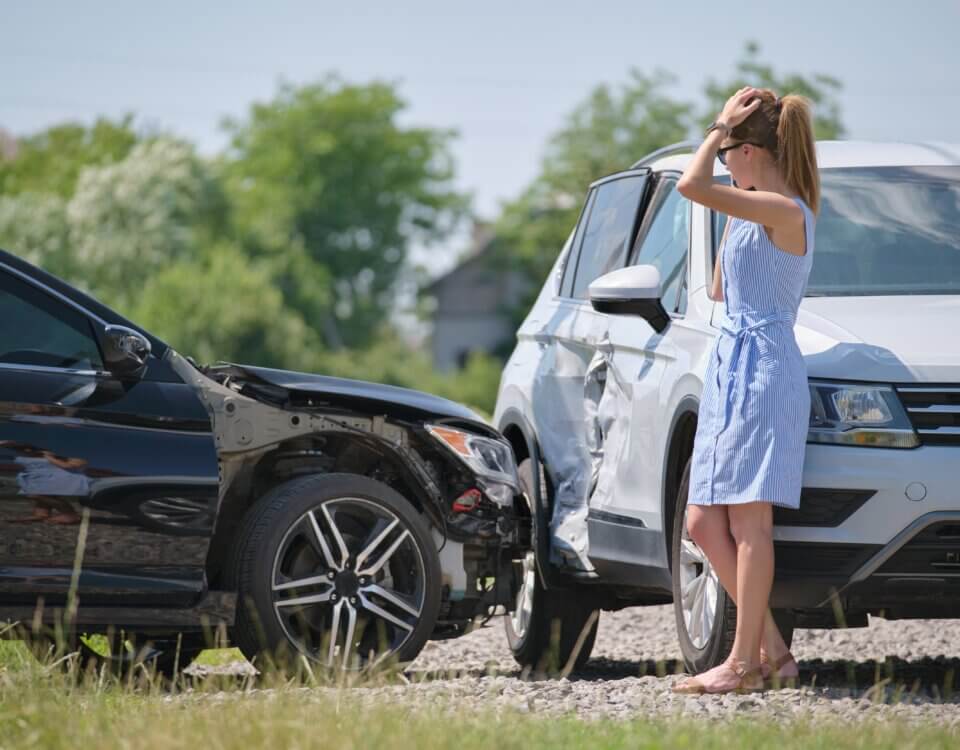California’s vibrant festivals from music events to cultural fairs bring communities together, but the long days, late nights, and travel involved can leave drivers dangerously tired. Fatigued driving is a serious safety hazard that impairs judgment, reaction time, and focus.
Why Festival Fatigue Increases Crash Risks
- Extended Hours: Dancing, walking, or volunteering can physically exhaust participants.
- Late-Night Travel: Many attendees drive home after dark when alertness naturally dips.
- Alcohol or Substance Use: Even small amounts can combine with fatigue to magnify impairment.
- Long Commutes: Traveling from rural festival sites to cities can mean hours on unfamiliar roads.
Warning Signs of Fatigue
- Frequent yawning or blinking.
- Drifting between lanes or missing road signs.
- Difficulty remembering the last few miles driven.
- Microsleeps—brief, uncontrollable lapses into sleep.
Safety Tips for Festival-Goers
- Plan Ahead: Arrange overnight accommodations or designate a well-rested driver.
- Take Breaks: Pull over at rest stops or safe areas if you feel drowsy.
- Avoid Alcohol or Sedatives: These worsen fatigue effects.
- Share Driving Duties: Carpool with friends and rotate drivers on long trips.
- Use Public Transit or Rideshares: Safer alternatives if you’re too tired to drive.
Community and Event Organizer Roles
- Provide On-Site Camping or Lodging Info: Reduce the need for late-night driving.
- Promote Safe Travel Messaging: Include fatigue warnings on festival websites, tickets, or announcements.
- Coordinate Shuttles: Offer buses or vans to nearby cities to minimize solo drives.
Enjoy Festivals Responsibly
Festivals should create joyful memories, not tragic accidents. By recognizing fatigue risks and planning for safe travel, attendees and communities can protect themselves and others on California’s roads.
Note: These blog posts are created solely for the use of Hillstone Law. The information is gathered from internet research, publicly available sources, and artificial intelligence (AI) tools such as ChatGPT. While we aim to share helpful and educational content, Hillstone Law does not independently verify every detail. Some information may be incomplete, outdated, or subject to change without notice. If you believe any part of a post is inaccurate, misleading, or infringes upon copyright, please contact Hillstone Law immediately so we can review it and take appropriate action, including correction or removal.
Disclaimer: The material provided in these blogs is for general informational purposes only and should not be considered legal advice. Reading these posts does not create, and is not intended to create, an attorney-client relationship with Hillstone Law. Our intent is to share knowledge, raise awareness, and provide helpful resources to the public; however, Hillstone Law makes no warranties or guarantees about the accuracy, completeness, or reliability of the information provided, and expressly disclaims liability for any actions taken in reliance on it. The photos used in these posts are for illustrative purposes only and do not depict actual clients, individuals, or incidents unless expressly stated. If you or a loved one has been injured in an accident, please contact Hillstone Law at (855) 691-1691. Our attorneys are available to answer your legal questions and help you understand your rights.








